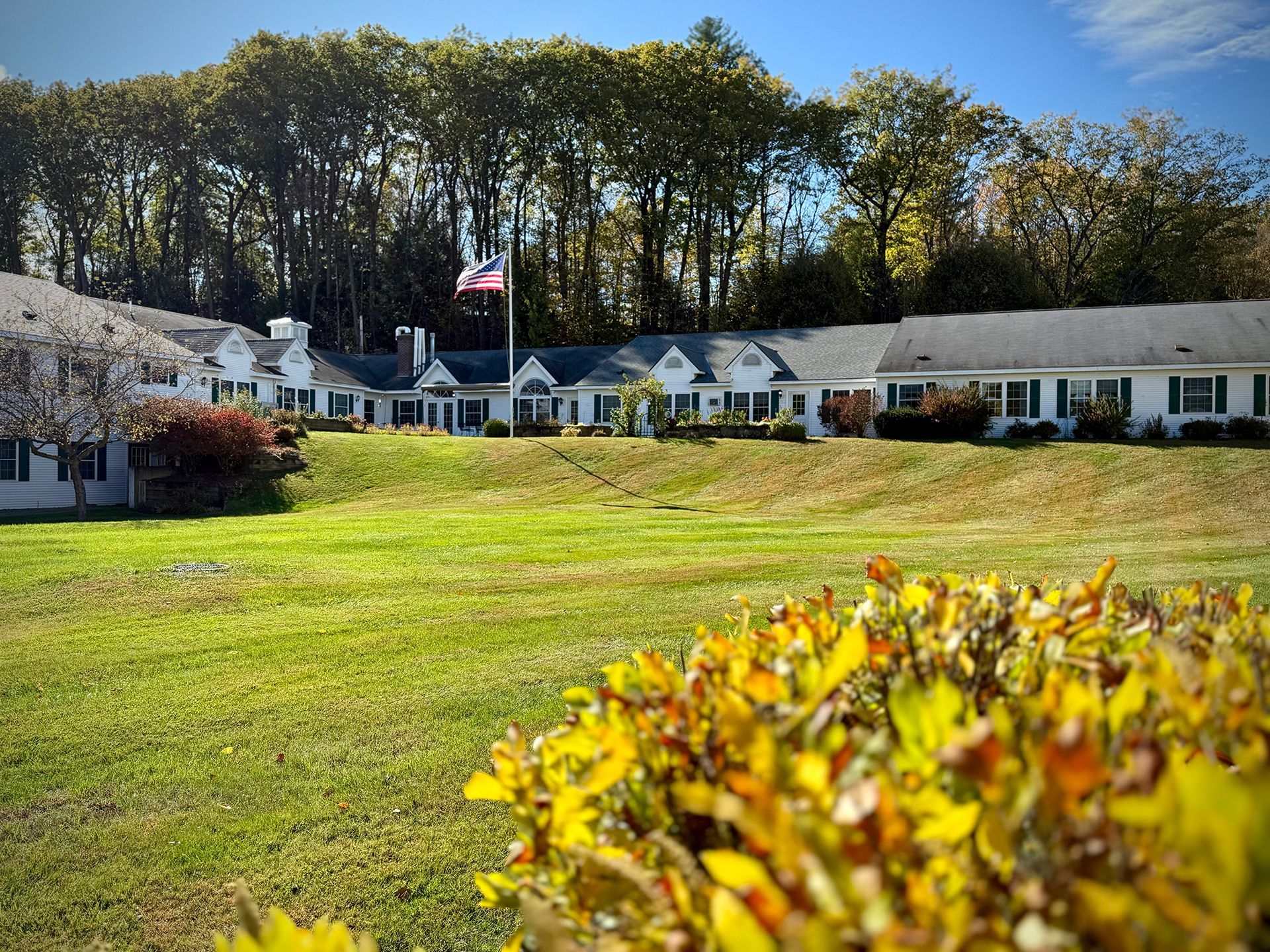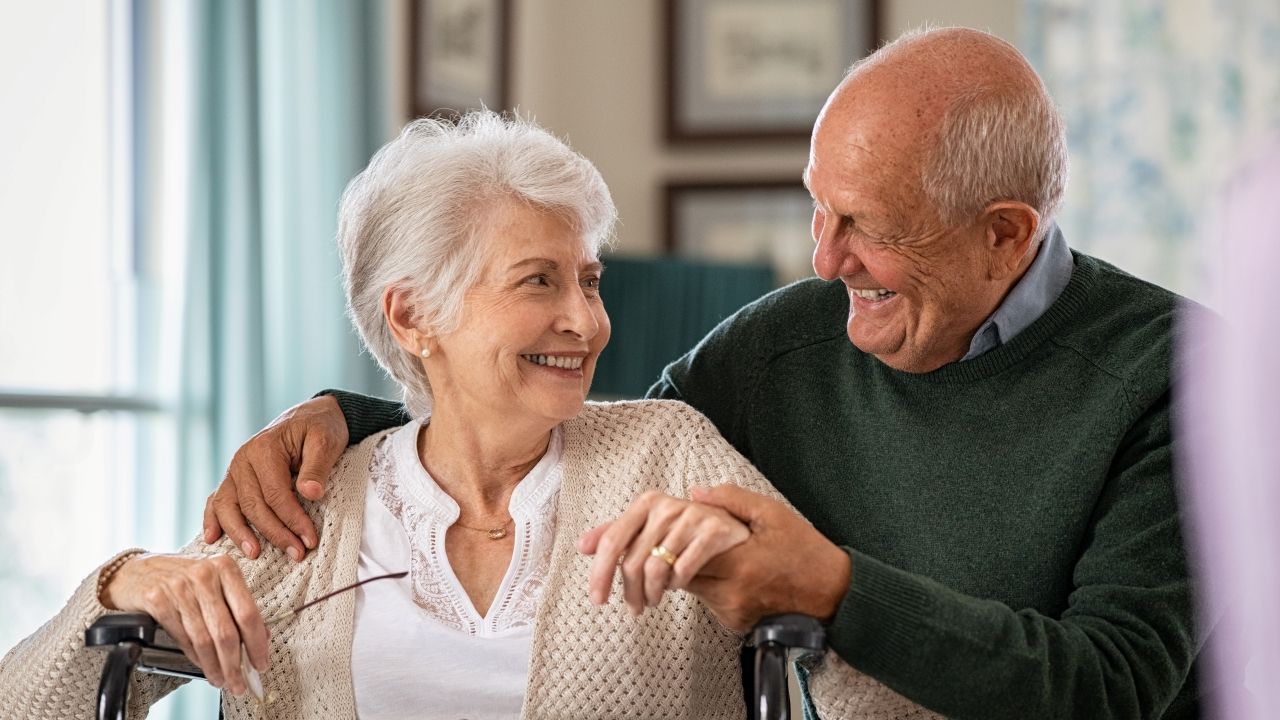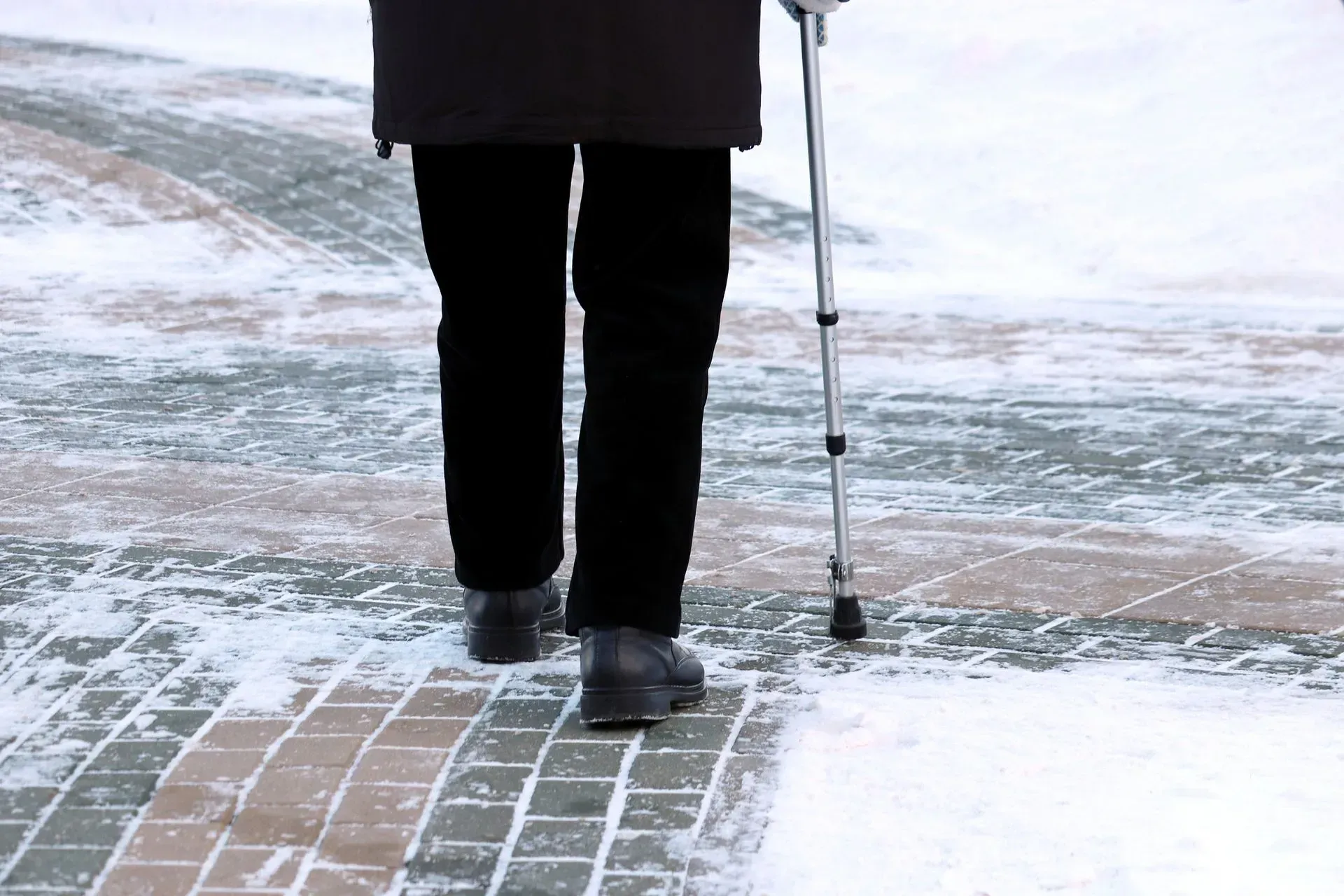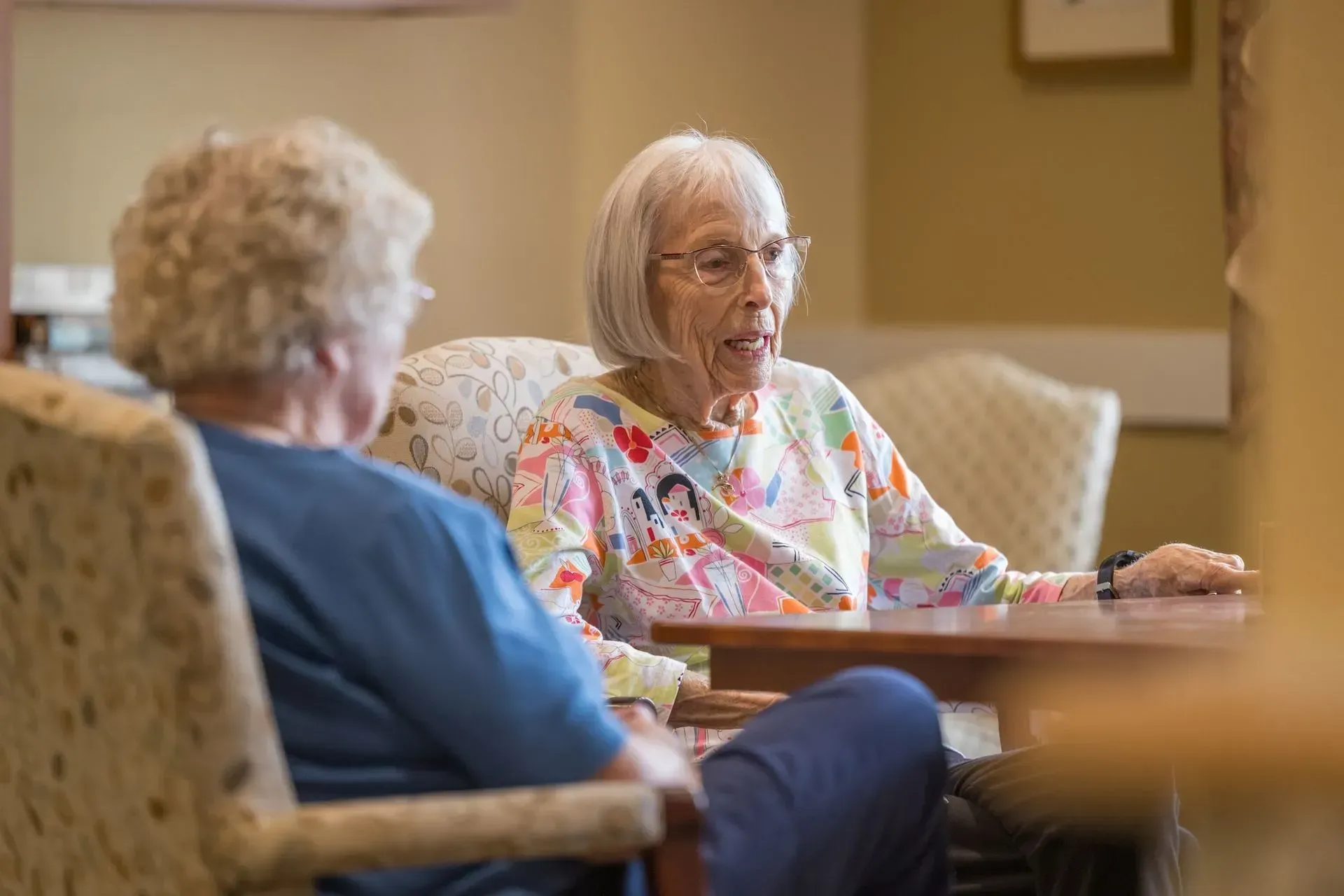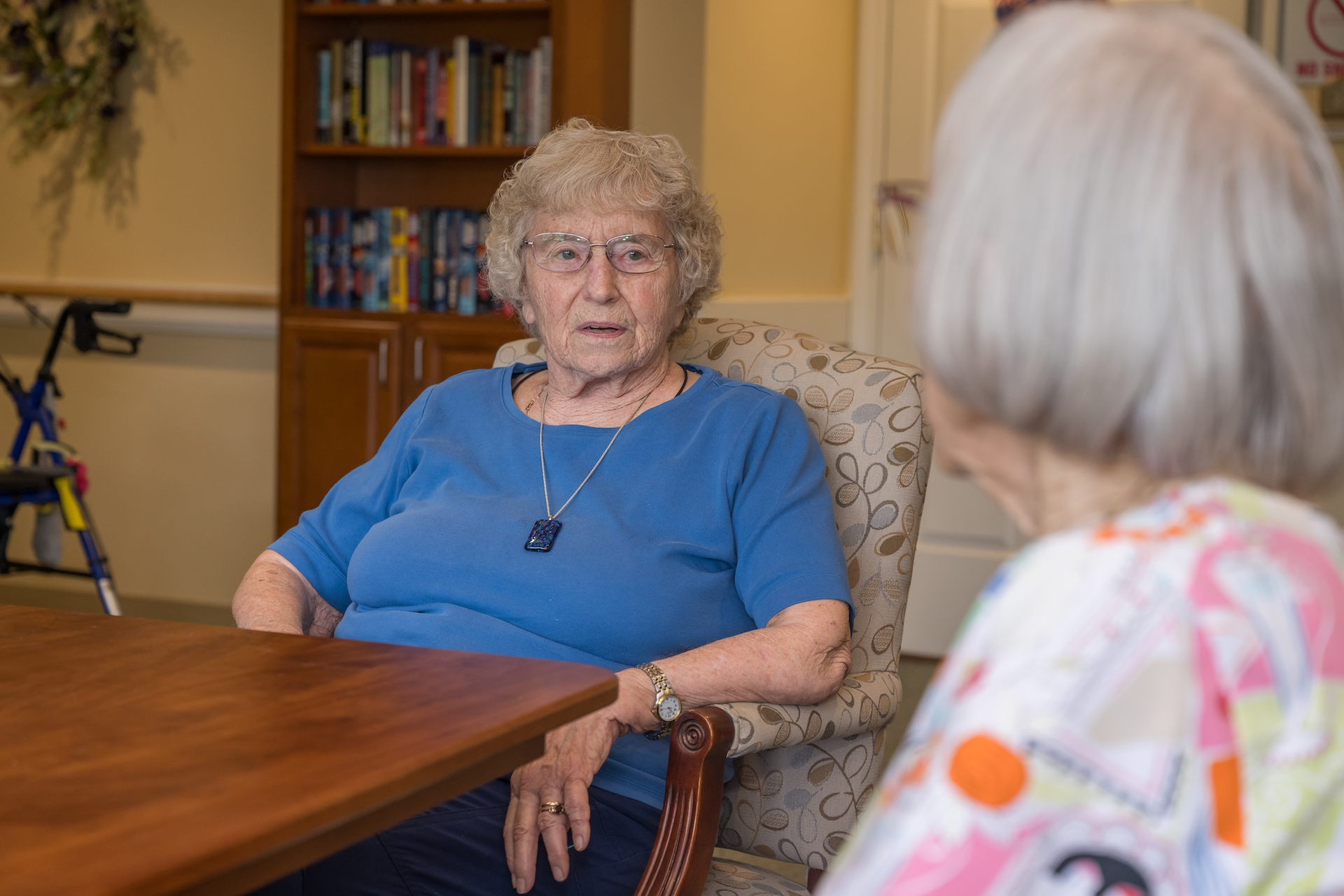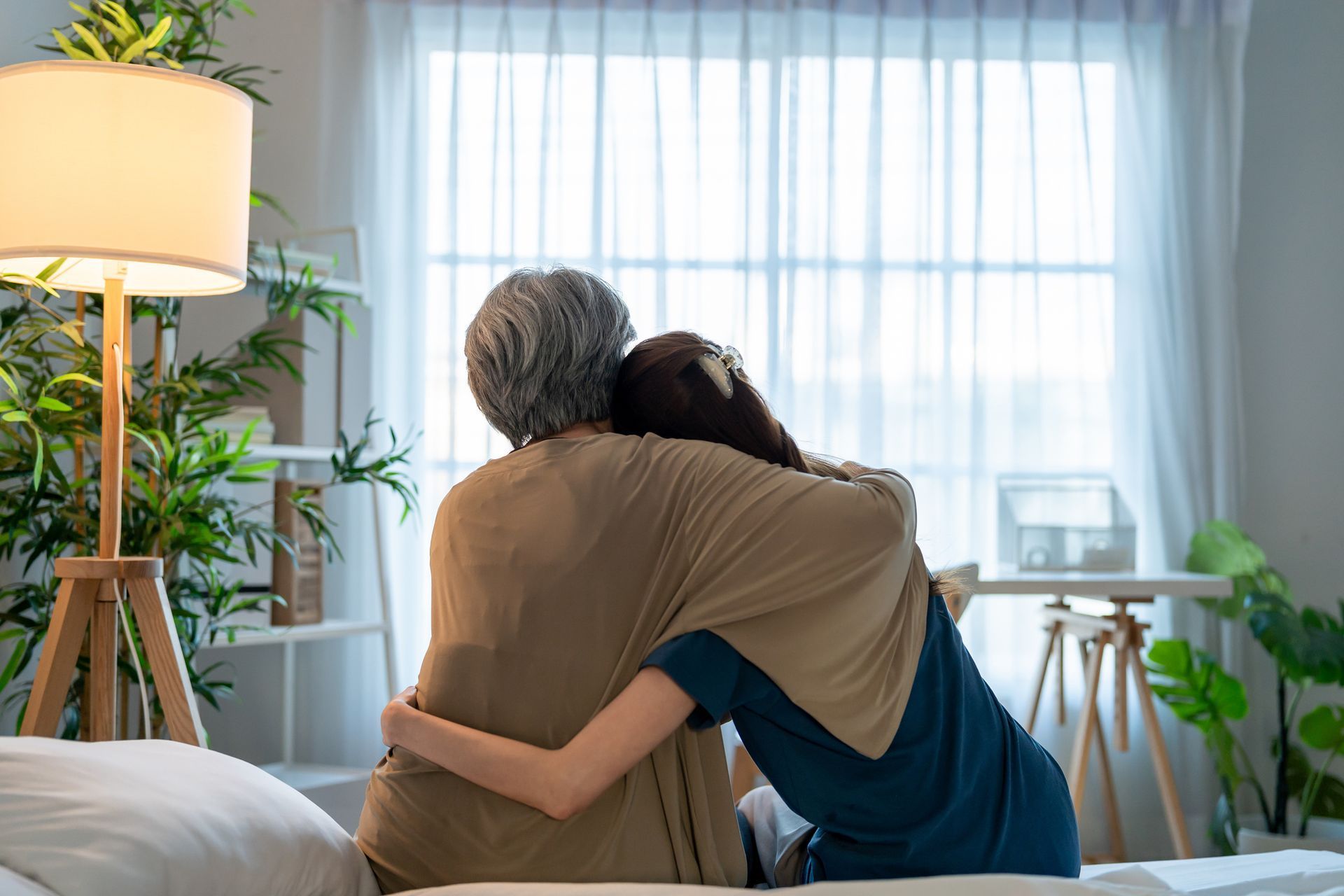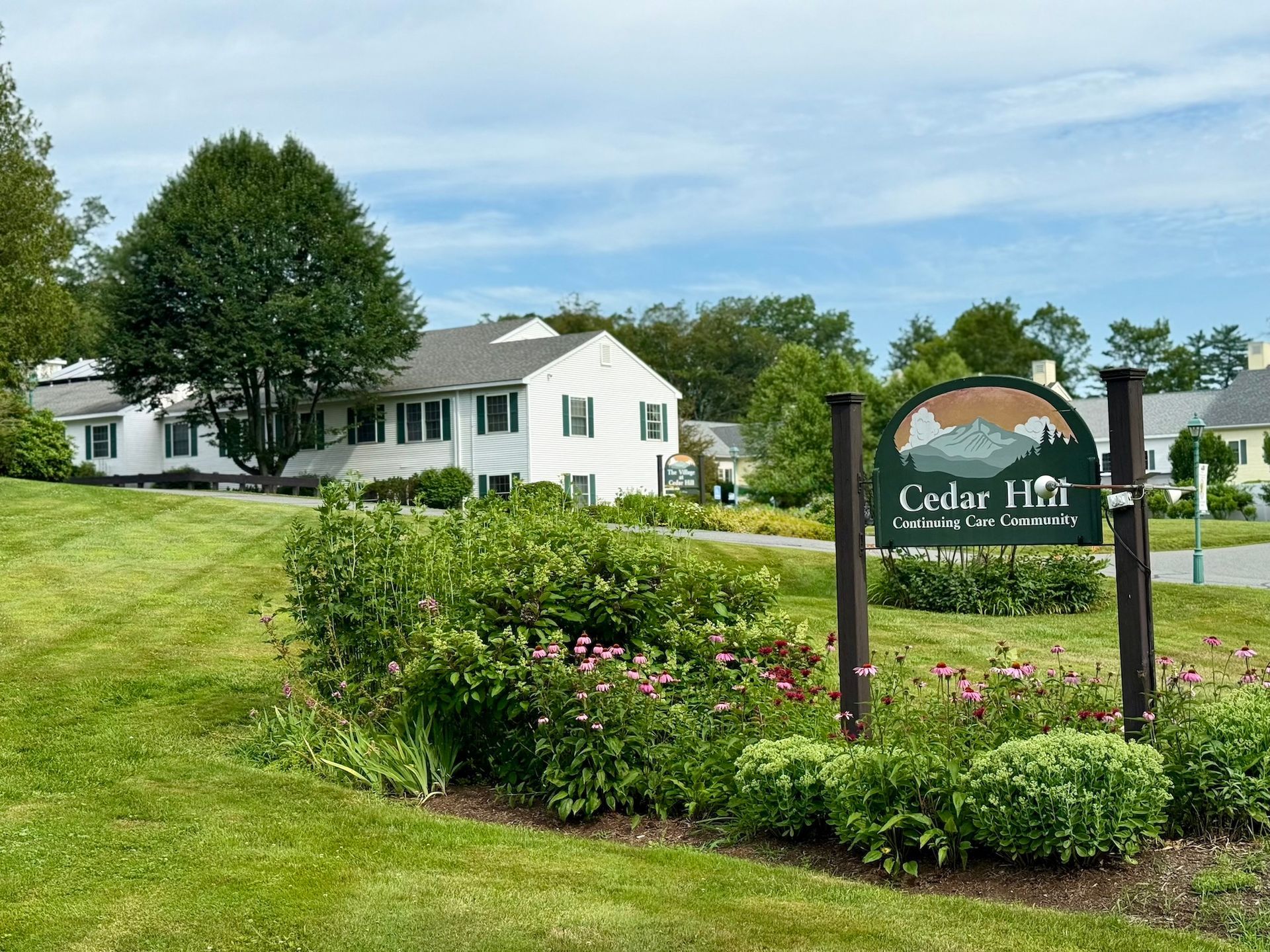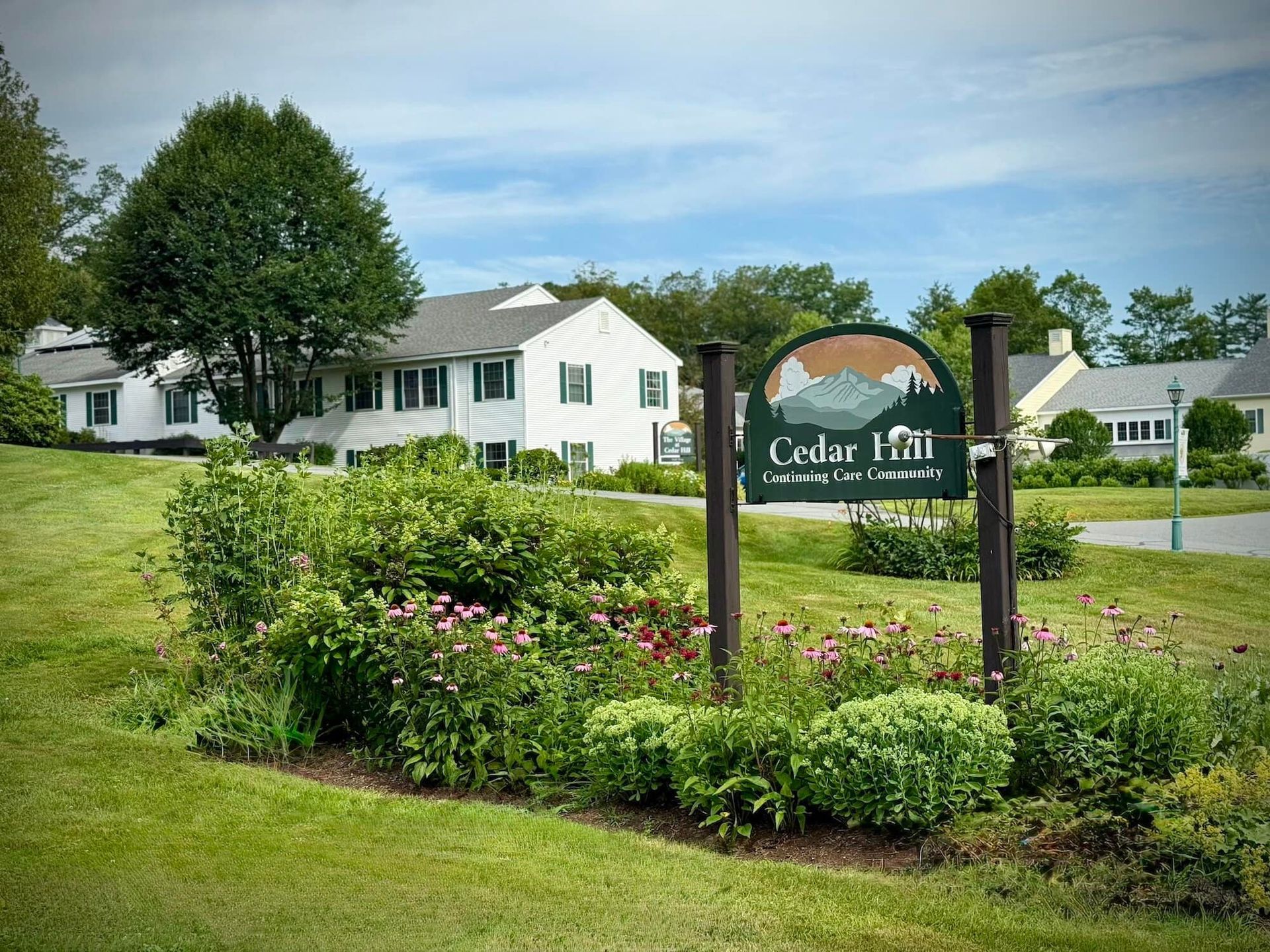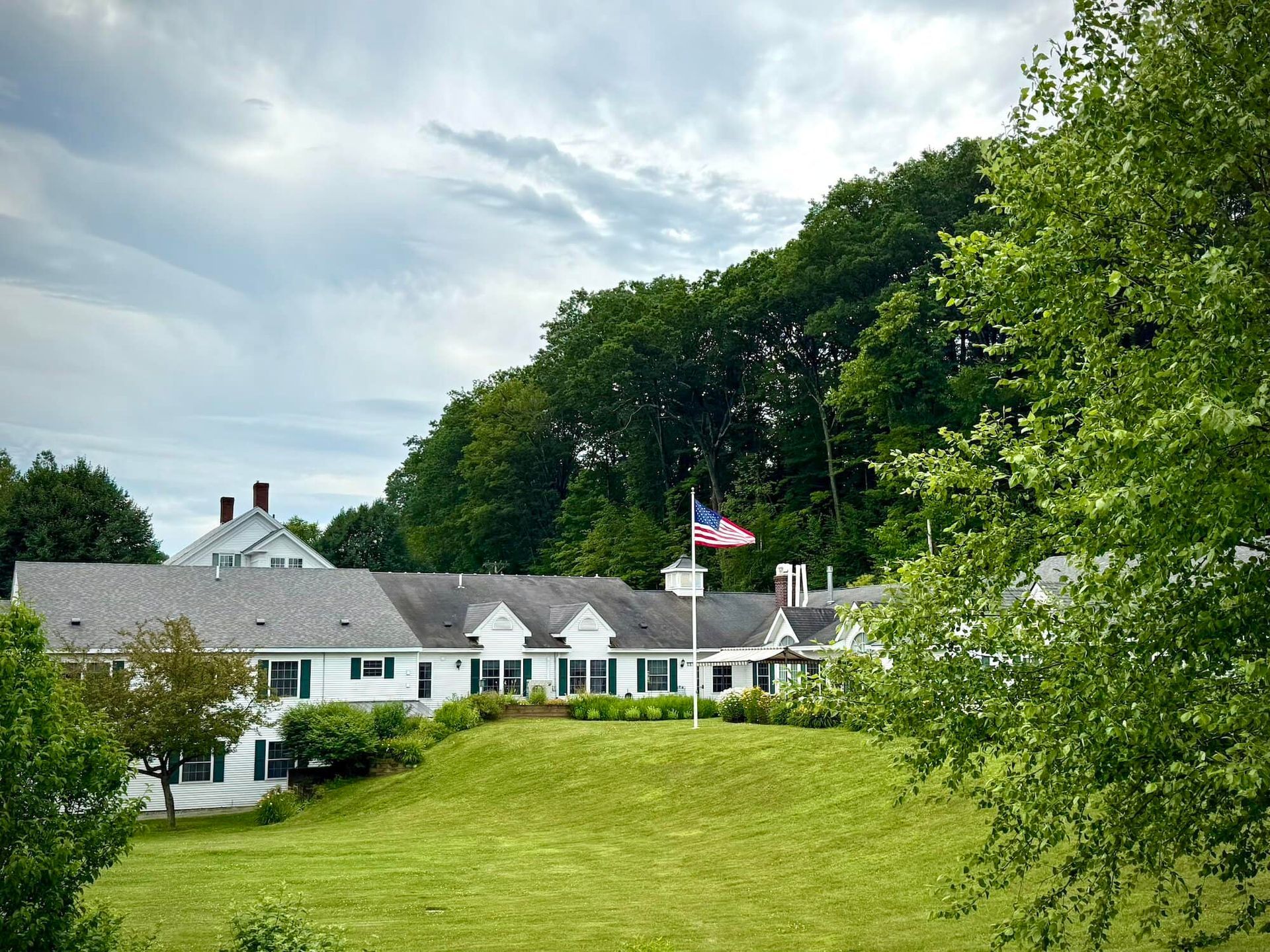Meeting the psychosocial needs of older adults — such as emotional support, social interaction, and mental stimulation—is vital for their well-being. This article will provide practical strategies to address their psychosocial needs.
Key Takeaways
- Personal connections are essential for the emotional well-being of seniors, promoting happiness and reducing feelings of depression and loneliness.
- Engagement in community activities fosters independence and enhances emotional satisfaction, contributing to a higher quality of life for older adults.
- Cedar Hill promotes social connections among our residents, their families, and our staff, as well as including the greater community through events at Cedar Hill and in the community.
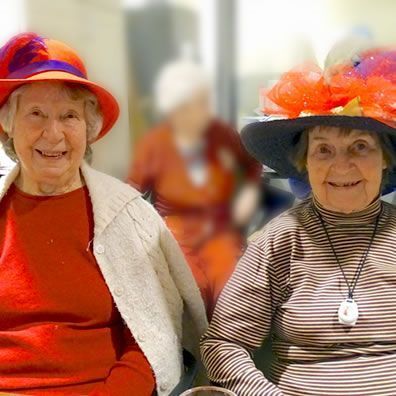
The Importance of Personal Connections
Personal connections are the lifeblood of emotional stability and happiness, especially for the older adults. Remaining connected to family, friends, and peers is crucial for minimizing depression and loneliness while boosting emotional stability. At Cedar Hill, we recognize the importance of social connections in reducing the risk of mental health issues like depression and anxiety. Our residents who maintain frequent interactions with a range of friends, family and staff often report better emotional well-being and fewer mental health concerns.
Cedar Hill fosters these connections using various methods. We foster social friendships among residents through a variety of activities and events and sharing meals. We utilize online platforms to help our residents stay connected to their families, as well as promoting visits on our campus. And our caregivers ensure our residents experience companionship, meaningful conversation, and one-on-one attention every day. These initiatives not only provide emotional support but also create a sense of belonging and community, which are vital for the well-being of older adults.
Imagine the joy of a grandparent sharing stories with their grandchildren over a video call or the comfort of a friendly chat with a neighbor over a meal. These moments are invaluable and contribute significantly to the emotional health of our residents. Prioritizing personal connections enables our residents to lead fulfilling lives, free from the shadows of social isolation.
Community Engagement for Emotional Well-Being
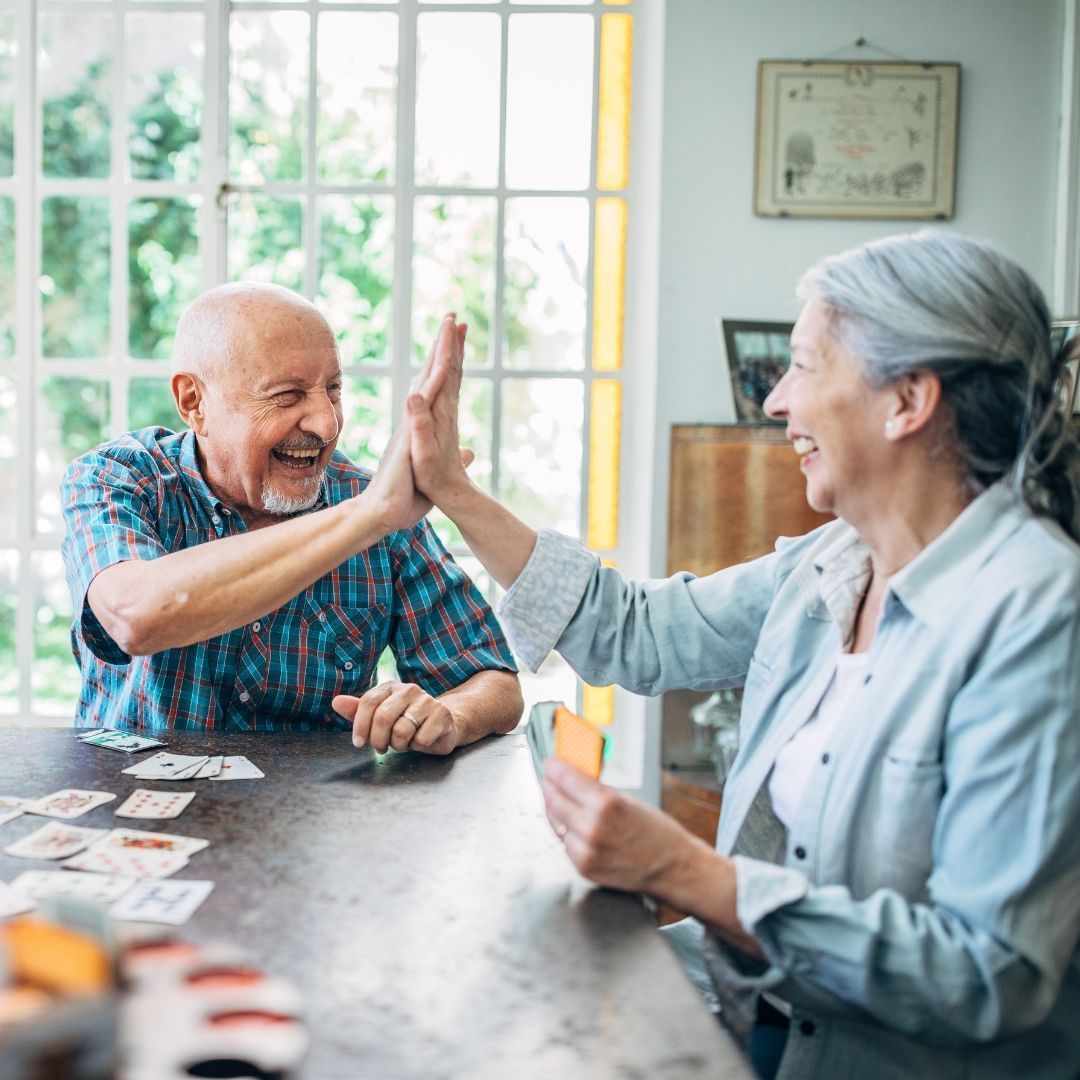
Active participation in community settings significantly enhances emotional well-being and fosters a sense of independence. At Cedar Hill, involvement in community activities is directly linked to enhanced life satisfaction, positive emotional states, and a stronger sense of belonging. Engaging in fitness classes, art projects, and social gatherings helps residents fulfill basic psychological needs like autonomy, competence, and relatedness.
Our residents benefit immensely from the variety of activities we offer:
- Wellness classes help them stay physically active and mentally alert.
- Art projects provide a creative outlet for self-expression.
- Social gatherings and offsite outings allow them to form friendships and enjoy the camaraderie of their peers.
These activities are not just pastimes; they are essential for maintaining a high quality of life and emotional well-being.
Finding Purpose in Later Life
As people age, finding a sense of purpose becomes increasingly important. At Cedar Hill, we encourage our residents to engage in:
- community activities
- hobbies
- mentoring opportunities
- creative outlets like art therapy and music
These activities help them express themselves and find fulfillment. They not only enrich their daily lives but also provide them with a sense of accomplishment and self-worth.
Physical activities such as fitness classes offer emotional expression and strengthen self-worth and adaptability. These activities help older people craft a meaningful and satisfying later life, ensuring they remain active and engaged. The benefits of maintaining a sense of purpose extend beyond emotional well-being; they can also lead to healthier lifestyle choices and improved physical health.
For older adults, having a purpose can be a powerful motivator. Whether it’s:
- mentoring younger generations,
- participating in a favorite hobby,
- or simply contributing to the community, these activities provide a reason to look forward to each day. At Cedar Hill, we strive to create an environment where our residents can live their lives to the fullest, finding joy and purpose in their daily activities.
Mental Stimulation to Prevent Cognitive Decline
Mental stimulation plays a critical role in preventing cognitive decline and enhancing overall mental health. At Cedar Hill, we offer a variety of programs designed to keep residents mentally engaged, including:
- Trivia games
- Puzzles
- Word games
- Board games
Many of our residents engage in other activities on their own, such as:
- Sudoku
- Crosswords
- Video games
These activities are not only enjoyable but also serve as effective strategies for maintaining mental agility. Our residents benefit from the structured mental exercises that help them stay sharp and focused.
Research has shown that mental stimulation, combined with a sense of purpose, contributes to healthier lifestyle choices and reduces inflammation, promoting long-term well-being. At Cedar Hill, we ensure that our residents have access to these beneficial activities, helping them lead vibrant and mentally active lives.
Expressing Thoughts and Feelings
Emotional expression is vital for mental wellness. At Cedar Hill, our caregivers actively involve residents in decision-making, showing genuine interest in their feelings and preferences. By creating a space where residents can voice both joyful and sorrowful emotions, we strengthen their emotional health and build trust.
Our interventions are supported by tailored education and skills training for caregivers. This approach helps in addressing psychological problems such as depression and anxiety, which are common in the elderly population. By focusing on emotional expression, we help residents manage stress and improve their overall mental health.
For example, regular one-on-one conversations between caregivers and residents provide an outlet for expressing thoughts and feelings. This practice not only alleviates depressive symptoms but also fosters a deeper connection between the caregivers and residents, enhancing the quality of care provided.
In addition, at this time, we also offer talk therapy with a mental health therapist in person on our campus. We encourage our residents to take part in the benefits of talk therapy, which we have seen is particularly helpful to those who participate actively.
Addressing Social Isolation
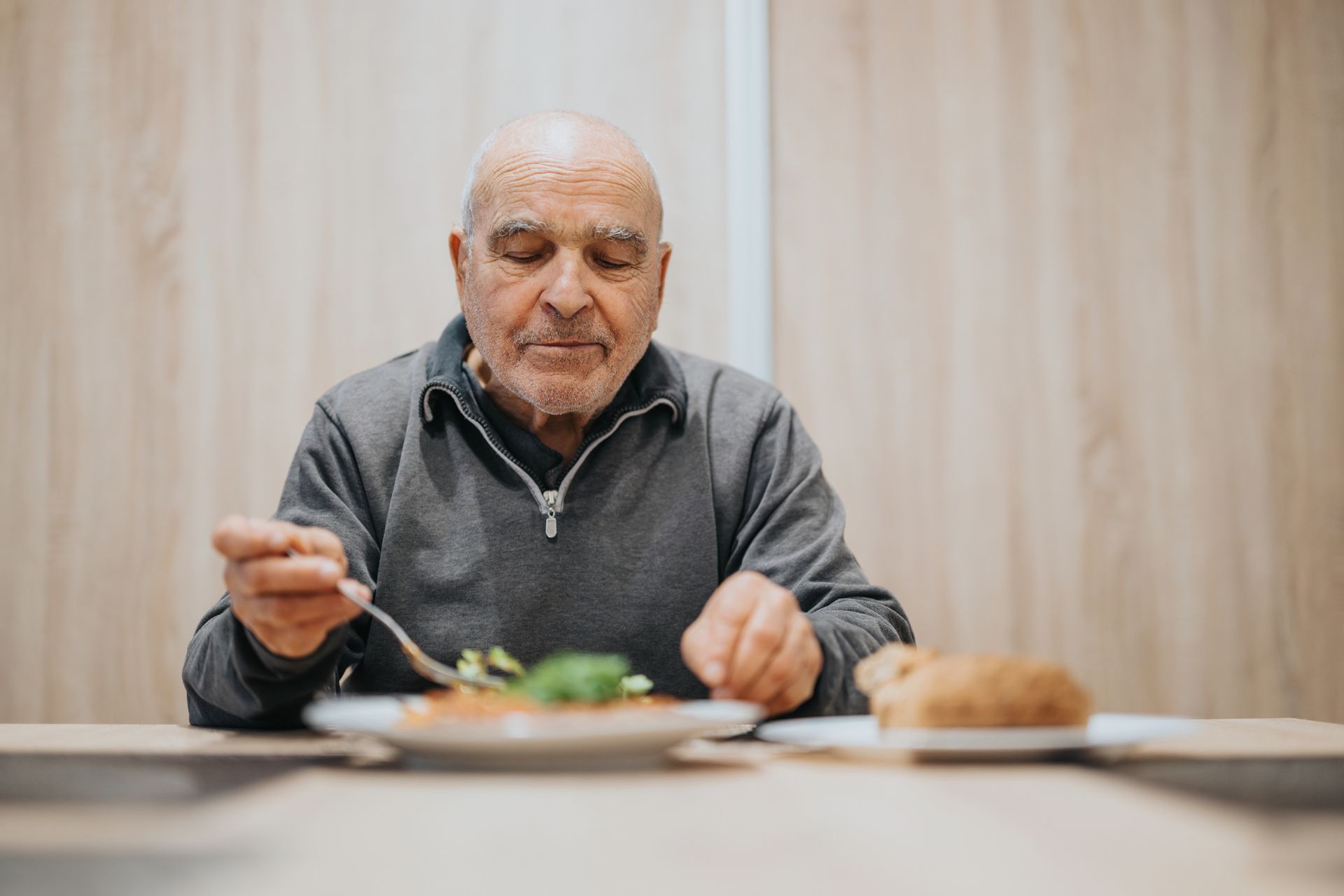
Social isolation can lead to a cycle of loneliness and psychological distress for older adults. We all particularly learned this during the Covid-19 pandemic. Community settings - such as Cedar Hill - play a crucial role in addressing the psychosocial needs of older adults and the psychosocial issues they may face. We are committed to working to prevent or alleviate loneliness in our older adults through inclusive community activities, shared meals, and opportunities for meaningful connection.By fostering an environment where residents can interact and build relationships, we help them maintain their mental and emotional well-being.
Addressing social isolation is not just about organizing activities; it’s about creating a supportive community where every resident feels valued and connected. At Cedar Hill, we strive to ensure that our residents do not feel isolated or forgotten.
Access to Medical and Mental Health Care
Older adults often face complex healthcare needs, including a high burden of mental health challenges. At Cedar Hill, we offer a continuum of care that includes:
- Independent and assisted living
- Skilled nursing
- Memory care
- End-of-life services
All within one welcoming campus.
Our support services include:
- Clinical coordination
- Physical and cognitive therapies
- Medication management
- Specialist house calls
These comprehensive services ensure that residents receive personalized care tailored to their unique medical and mental health needs. Addressing both physical and mental health, as well as the patient’s physical condition, allows us to provide holistic care, enhancing the quality of life for our residents.
Access to medical care and mental health care is critical for managing chronic health conditions and serious illness. At Cedar Hill, we are committed to providing the resources and support necessary to meet the diverse needs of older adults.
Schedule a TourExplore our services by scheduling a tour and speaking with a care advisor. Our care placement advisors evaluate clients based on their unique care and psychosocial needs, budget, and location. This process simplifies the search for the appropriate care community.
Summary
Addressing the psychosocial needs of older adults is essential for their overall well-being. At Cedar Hill, we are committed to providing comprehensive care that meets these needs, from personal connections and community engagement and mental stimulation. Our holistic approach ensures that residents not only live comfortably but thrive emotionally and mentally.
We encourage families to consider the wide range of services and support available at Cedar Hill. By taking proactive steps to address the psychosocial needs of your loved ones, you can help them lead a fulfilling and happy life.


